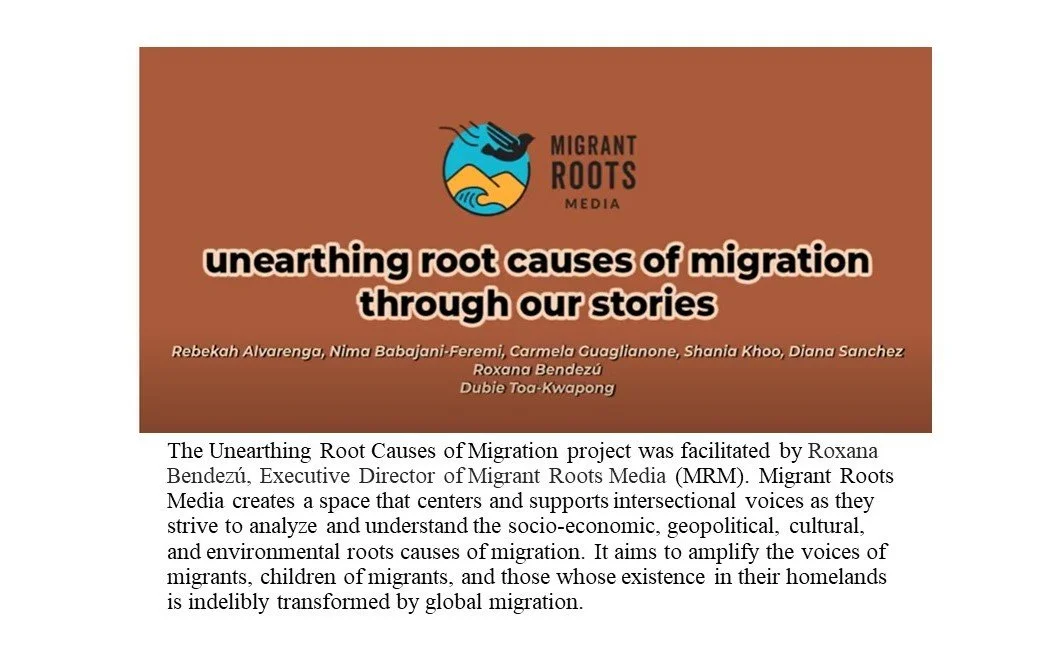Learning by Doing: Building Cross-Disciplinary, Intergenerational Research Teams
By Erik Wibbels
Erik Wibbels is the Robert O. Keohane Professor of Political Science at Duke University and Co-Director of DevLab@Duke
I have been involved with Bass Connections in one form or another for many years. My experience with the program encompasses a one-semester project, a two-semester project, and a two-year project. These research teams ranged from quite small (5 students) to quite large (20 students) and addressed issues ranging from social mobility in Indian slums to the impacts of mass deportations on Guatemalan immigrants and the communities to which they return to the impact of COVID on household well-being. Those projects yielded a gaggle of academic publications, op-eds, grant proposals and grants, senior theses and dissertations, as well as several lasting friendships. For me personally, it has also stretched my understanding of what it means to teach and do research.
A Duke student on Wibbels’s Bass Connections team surveys Indian slums
I also served three years on the Bass Connections faculty advisory council, including two as its chair. During that time, we completed a very serious evaluation of Bass Connections’s impact on undergraduates, graduate students, and faculty. The evaluation involved a diverse range of comparisons that included matching on student records, an original survey of participating and non-participating students, the annual exit survey of graduating seniors, and serious outreach to program alumni to assess long-term impacts.
Across these experiences, I have learned a few practices that have helped make teams productive and fun. First, selecting a team requires careful attention to the diverse skills that make such teams work. Initially, my tendency was simply to select team members who had the strongest academic records. But students with the highest GPAs or best technical training are not necessarily those that are best at putting together an annotated bibliography, doing interviews, or communicating with community partners. Perhaps most important, each project needs at least one participant who is skilled in overseeing logistics—this involves apparently quotidian tasks, like taking meeting notes, organizing team travel, and ensuring that the faculty are providing clear week-to-week assignments for each student. It goes without saying that faculty themselves often do not have these management skills, and in my experience, they seem to be uncorrelated with GPA and classwork.
Duke students on Wibbels’s Bass Connections team meet with partners in Guatemala
Second, it is important to manage student effort very clearly and regularly. Unsurprisingly, projects work better when they begin with clear end goals and when the students appreciate the importance of achieving those goals. But many students (and undergraduates, in particular) are not accustomed to the self-motivation and steady grind that links weekly effort to long-term research goals. Left to their own devices, many students will wander from one task to the next, become disheartened and disengaged. This is a grave danger because grades are not a very effective tool for motivating effort when it comes to applied team research. Instead, students need to have a clear assignment each week that emerges from team-wise effort and faculty-led focus on the baby steps that will get the overall team to a productive end product.
Third and finally, it is important to leverage the inherently social nature of these collaborative teams by meeting every week. There is a practical element to this, namely that regular meetings provide an opportunity to assess individual efforts, integrate everyone's work into a broader vision, and ensure that each participant has a clear deliverable to work on for the following week. But there is more than just organization to the social aspect of team management. Such projects offer a distinctive opportunity for faculty, graduate students, and undergraduate students to get to know each other. My most successful teams have been those where students became friends with one another; students on those teams have kept in touch with me for years after project completion. Intentional planning of lunch, coffee, or even just budgeting sufficient meeting time for connecting as human beings can help promote those relationships.
I began my first Bass Connections projects somewhat skeptical of the model—I had done an early Bass Connections project that met with some success, but I was skeptical that it could operate at scale given how demanding it is of faculty and students. At this point, I think Bass Connections (and its sibling summer research program, Data+) is the single most significant programmatic innovation during my 13 years at Duke (or 21 years as an academic). Indeed, I consider Bass Connections to be an exemplar of where both research and teaching are headed – towards collaborative, interdisciplinary applied learning. Leveraging the huge research opportunities this movement portends does require faculty to rethink how they work and teach, but when we do so, there is a lot of fun and productivity to be had.
More Methodspace Posts about Interdisciplinary Research












The Director and Assistant Director of the Bass Connections program at Duke University share lessons learned and open access resources for team success in interdisciplinary collaborative research.